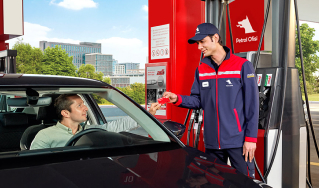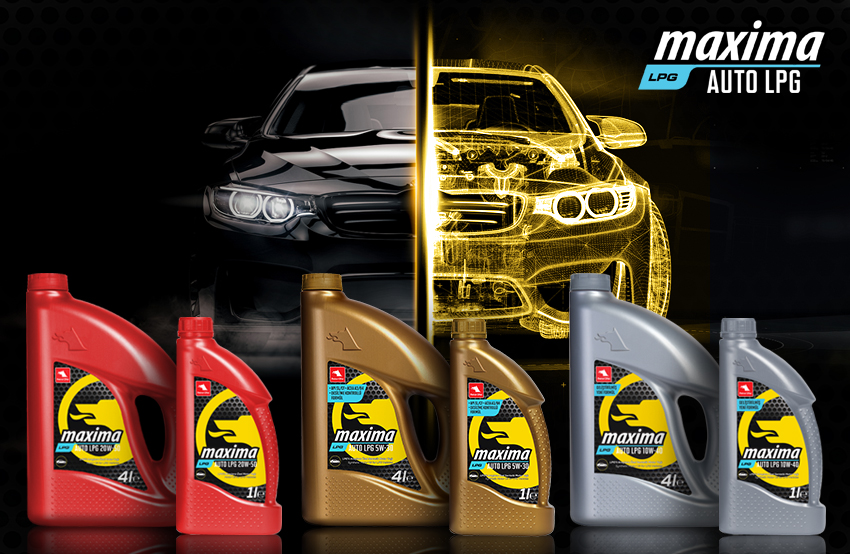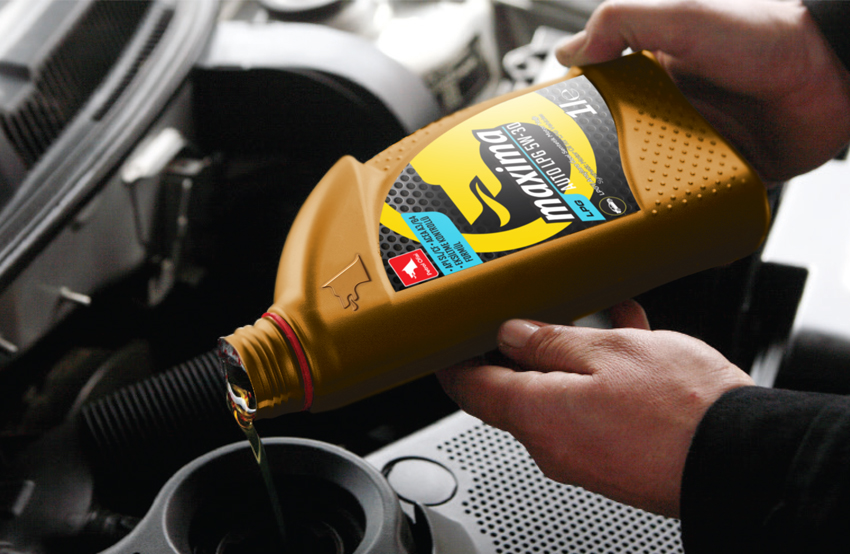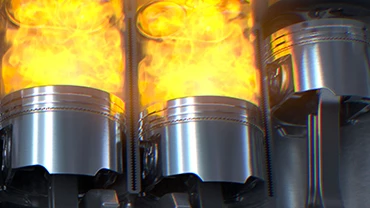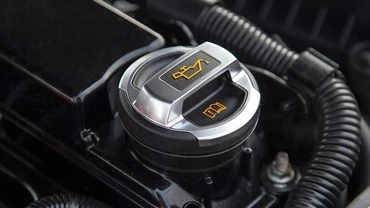LPG and gasoline are two fundamentally different fuels. LPG consists of hydrocarbon gases—mainly propane and butane. Butane contains three carbon atoms, while propane contains four. Gasoline, on the other hand, contains hydrocarbon chains with much higher molecular weight and includes additional nitrogen and sulfur compounds. Because of these structural differences, their combustion characteristics and heat outputs also differ. In other words, burning equal amounts of LPG and gasoline generates different levels of heat and energy. Imagine two vehicles of the same brand, model, mileage, and wear level—one with a gasoline engine and the other converted to LPG. When compared, it becomes clear that their fuel consumption, combustion durations, and heat outputs differ. Therefore, gasoline engines and gasoline engines converted to LPG have distinct lubrication needs and require different engine oil formulations to ensure protection and performance. The performance and aftermath of these different engine types can be compared as follows: LPG requires more air to burn efficiently; therefore, engines running on LPG draw in a larger volume of air. The thermal load on an LPG-converted engine is higher than that of a standard gasoline engine.

